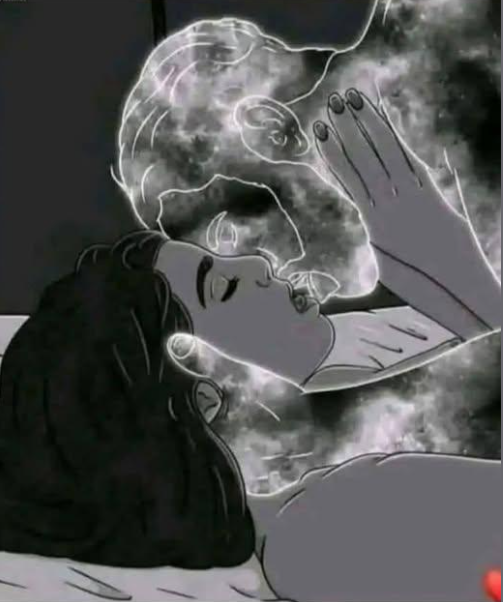Remembering the Struggles of Growing Up: When Childhood Memories Turn Uneasy
Growing up isn’t always the magical, carefree journey it’s often painted to be. For many, childhood carries warmth and laughter—but also confusion, fear, and quiet pain. Some memories shimmer with nostalgia; others linger like shadows, surfacing unexpectedly with a heaviness that can’t be ignored. Remembering the struggles of growing up means revisiting those uneasy moments that shaped who we are today.
For some, the uneasiness began with the feeling of never quite fitting in. Maybe it was being too shy, too loud, too different. The lunchroom felt like a battlefield of invisible rules. The playground wasn’t always a place of joy—it could be lonely, intimidating, or even cruel. Kids can be unkind, sometimes without knowing the weight of their words. Those moments of rejection or ridicule, the sting of being left out, stay with us long after we grow taller and older.
There are memories of classrooms filled with pressure. The red pen on a math test, the fear of being called on when you didn’t know the answer, the way your stomach dropped when you brought home a bad grade. Expectations—spoken or unspoken—carried their own burden. Whether from teachers, parents, or yourself, there was always the quiet panic of not being good enough.
For others, home wasn’t the safe haven it should have been. Maybe there were arguments behind closed doors. Maybe there was silence where comfort should’ve been. Some grew up too fast, taking care of siblings or walking on eggshells around an unpredictable parent. They learned to read moods like weather forecasts, to stay quiet, to stay out of the way. These early lessons in survival often came at the cost of childhood innocence.
And then there were the unspoken hurts: the grief of losing someone too young to understand it, the ache of seeing others with what you lacked—whether it was love, money, stability, or just someone to listen. You might remember lying awake at night, wishing things were different but not knowing how to say it out loud. You might recall the way you clung to distractions—TV shows, books, daydreams—to escape the weight of reality.
Growing up can also mean grappling with identity. Figuring out who you are while trying to please everyone else is a struggle all its own. Whether it was your body, your voice, your feelings, or your dreams—there may have been a time you felt ashamed or misunderstood. Maybe you were told to toughen up, to stop crying, to be someone you weren’t. And maybe, in trying to please others, you lost sight of yourself for a while.
But in these uneasy memories, there is also resilience. That scared, confused child found ways to keep going. Maybe they found a teacher who cared. A best friend who stayed. A journal where they could pour out everything they couldn’t say aloud. A moment of peace in a chaotic home. A corner of the world that felt safe, even just for a while.
Remembering these struggles isn’t about staying stuck in the past—it’s about honoring the journey. It’s about recognizing the battles we fought before we had the words to name them. It’s about making peace with the parts of ourselves that were shaped in those early, difficult years.
And as adults, we carry those memories with us. They can explain our fears, our triggers, our need for reassurance. They remind us why we flinch when we hear certain tones, why we overthink, why we sometimes doubt our worth. But they also remind us how far we’ve come. That we are here. That we survived. That we are still becoming.
Sharing these stories, even just with ourselves, helps lighten the load. It helps us feel less alone. Because so many others are carrying their own versions of these uneasy childhood memories—different details, same feelings. And in that shared experience, there is healing.
If your childhood wasn’t picture-perfect, if some of your memories sting more than they soothe, that doesn’t make you broken. It makes you human. And it means you deserve kindness—not just from others, but from yourself.
So remember those moments, honor them, grieve them if you need to. And then, when you’re ready, let them be part of the tapestry—not the whole picture. Because while childhood may have left its marks, it also gave you the strength to move forward, to grow, and to write the rest of your story on your own terms.


